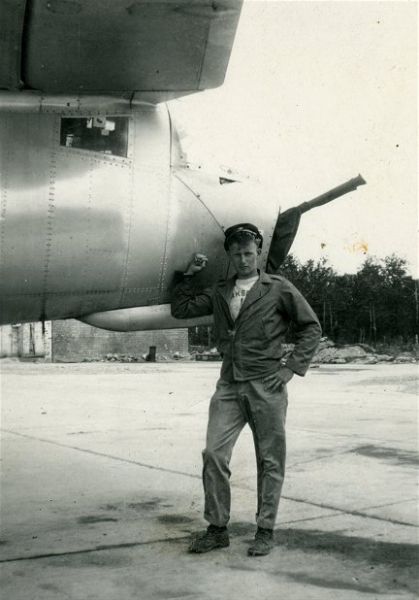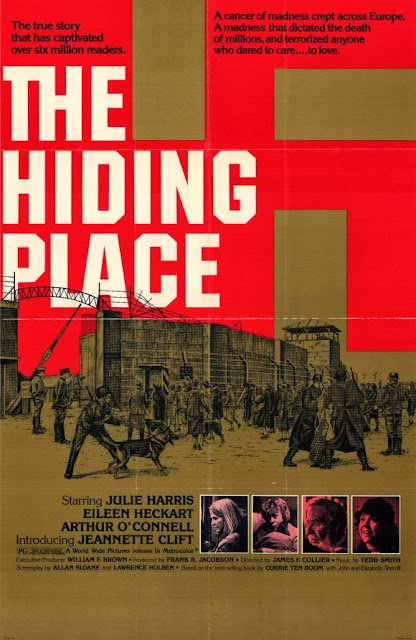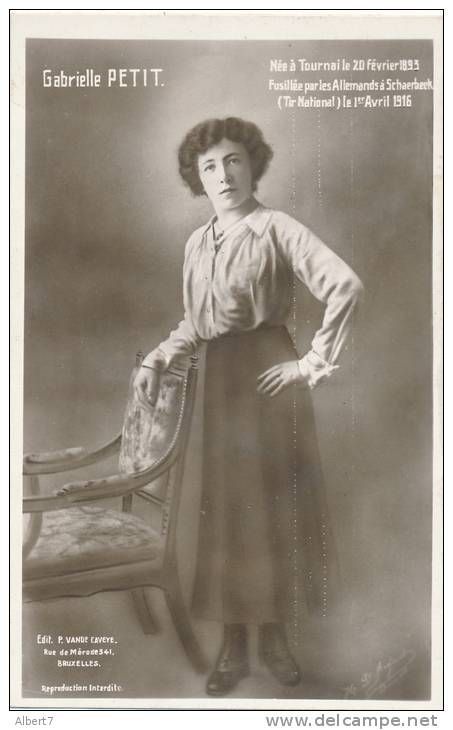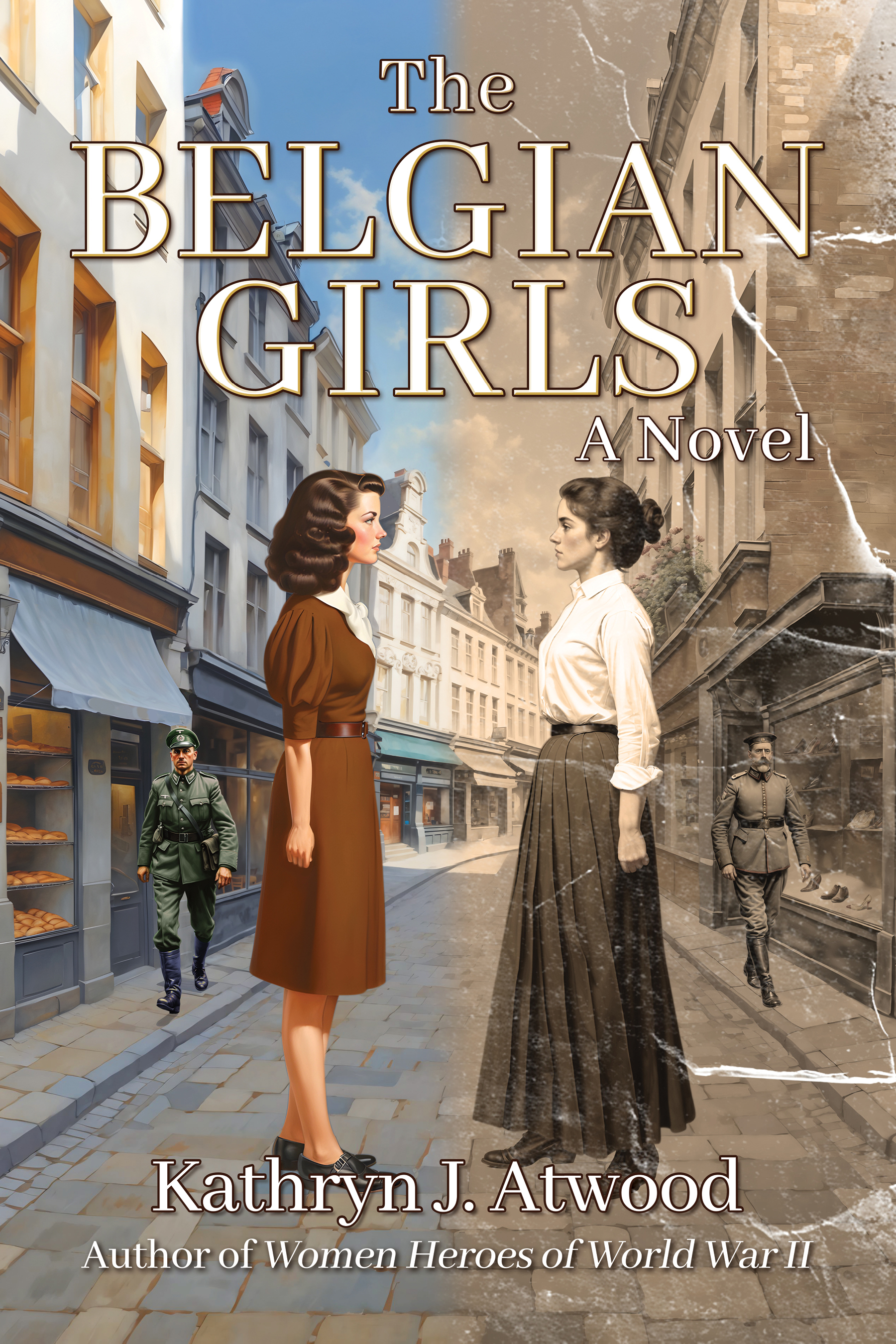Kathryn J. Atwood
People often ask me how I first became interested in the Second World War, the topic of all but two of my books. I can answer that question with two names: Garret Teune and Corrie ten Boom. Garret, my dad, was a highschooler when Imperial Japan attacked Pearl Harbor. As soon as he was able, he followed his three older brothers into the U.S. Army Air Forces so like them, he could train to battle the Luftwaffe in the skies above occupied Europe. Dad was nineteen when the war ended and I believe he spent the rest of his life pondering the small part he had played in the greatest good vs. evil conflict of the 20th century. One way he did this was by telling us his stories. Another was by devotedly watching war-related films and TV shows, including a series called World at War, narrated by Sir Lawrence Olivier. Watching that stunning documentary footage with him sparked in me a fascination for the Second World War from which I've never recovered.

I first heard the name Corrie ten Boom when her biopic came to theaters. Because I was born into a world populated by first- and second-generation Dutch Americans it was only natural that we went en masse to see the "The Hiding Place." But this story of a devout Dutch family who hid Jews and paid the price did more than inspire me with a sense of ethnic pride; it made me wonder what type of person one would have to be, what type of character one would have to possess to defy a totalitarian government that would cheerfully kill you for disobeying one of its smallest edicts. Women Heroes of World War II, initiated three decades later, was how I began to answer that question.

A number of factors brought my nonfiction series on women and war to a close. What to do next? While writing my book on the First World War I absolutley fell in love with the Gabrielle Petit story. And after reading The Alice Network I wondered if I might do for Gabrielle what Kate Quinn did for Lousie de Bettignies, the First World War's "Queen of Spies." I've noticed that while well-written nonfiction can press a reader's face up to the window of a certain place in time, historical fiction has the potential of bringing that reader directly into the room. I hope that my novel, The Belgian Girls, will provide that close-up of Gabrielle Petit's life and work.

Though my books have garnered me invitations to speak at historical museums, requests for documentary interviews, and even multiple Hollywood contracts (which were great fun to sign but have so far come to nothing!), my goal has always been to do for my readers what my dad and Corrie ten Boom did for me: ignite a lifelong fascination with a time period because of an interest in someone who lived through that time period. I hope that whoever encounters the fascinating women whose stories occupy the pages of my books will discover that history is not dry and boring, but that the past was once someone's living breathing present, filled with hopes and fears, convictions and choices.

I first heard the name Corrie ten Boom when her biopic came to theaters. Because I was born into a world populated by first- and second-generation Dutch Americans it was only natural that we went en masse to see the "The Hiding Place." But this story of a devout Dutch family who hid Jews and paid the price did more than inspire me with a sense of ethnic pride; it made me wonder what type of person one would have to be, what type of character one would have to possess to defy a totalitarian government that would cheerfully kill you for disobeying one of its smallest edicts. Women Heroes of World War II, initiated three decades later, was how I began to answer that question.

A number of factors brought my nonfiction series on women and war to a close. What to do next? While writing my book on the First World War I absolutley fell in love with the Gabrielle Petit story. And after reading The Alice Network I wondered if I might do for Gabrielle what Kate Quinn did for Lousie de Bettignies, the First World War's "Queen of Spies." I've noticed that while well-written nonfiction can press a reader's face up to the window of a certain place in time, historical fiction has the potential of bringing that reader directly into the room. I hope that my novel, The Belgian Girls, will provide that close-up of Gabrielle Petit's life and work.

Though my books have garnered me invitations to speak at historical museums, requests for documentary interviews, and even multiple Hollywood contracts (which were great fun to sign but have so far come to nothing!), my goal has always been to do for my readers what my dad and Corrie ten Boom did for me: ignite a lifelong fascination with a time period because of an interest in someone who lived through that time period. I hope that whoever encounters the fascinating women whose stories occupy the pages of my books will discover that history is not dry and boring, but that the past was once someone's living breathing present, filled with hopes and fears, convictions and choices.
Recent Appearances/Events
| Date | Venue | Address | ||||||
|---|---|---|---|---|---|---|---|---|
|
Date:
September 13, 2025 12:00pm - 1:00pm |
Venue: Mount Hope Funks Grove Library |
Address:
111 S. Hamilton Street McClean, IL |
||||||
| Notes: | ||||||||
|
Date:
June 17, 2025 7:00pm - 8:00pm |
Venue: Mother Rudd Home Museum |
Address:
American Legion Post 771, 749 Milwaukee Ave. Gurnee, IL 60031 |
||||||
| Notes: Event hosted by the Mother Rudd Museum but will be held at the American Legion Post 771 in Gurnee. | ||||||||
|
Date:
May 21, 2025 12:00pm - 1:00pm |
Venue: Forest Park Public Library |
Address:
|
||||||
| Notes: | ||||||||
|
Date:
May 10, 2025 1:30pm - 2:30pm |
Venue: North Riverside Public Library |
Address:
|
||||||
| Notes: | ||||||||
|
Date:
May 8, 2025 6:00pm - 7:00pm |
Venue: The Looking Glass Bookstore |
Address:
|
||||||
| Notes: My book launch party, held on the 80th anniversary of VE Day. | ||||||||

